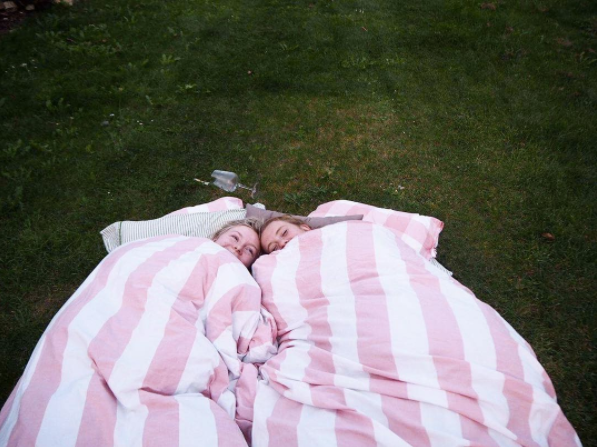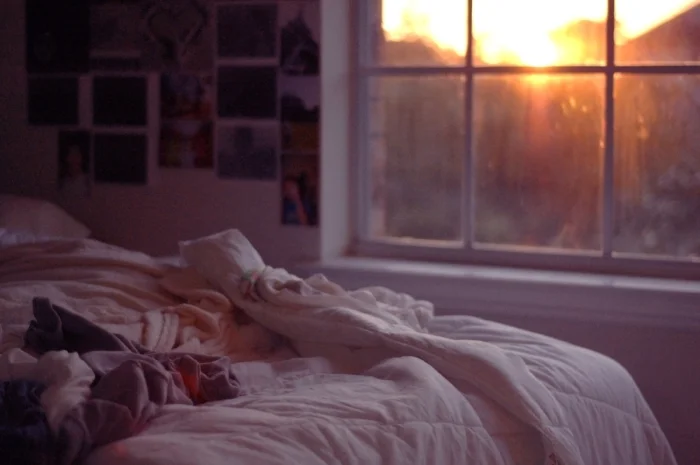
words: jess morgan
photo: katie silvester
The best thing about the CD player was the punching in and skipping straight to the best songs without all the clumsy rewinding and tape-turning to cue up. The clever machine knew exactly where to find it. Our silver separates hi-fi had glossy dials for the volume which twisted silently and weightlessly and were always cold to the touch. The horizontal sliver in the tuner was gently backlit. A red needle would slide back and across the number line with the turn of another beautiful dial. Dad still talks about those dials.
That morning, I made a plan to get up early. I was going to get my Cher album from where it was in the rack, press the first clicky button and watch as the faithful little motor offered up a wobbly looking tray from the front of the unit. Nose to nose with the grid of numbered buttons, I’d punch in track eight and just listen to it.
The lights were still off in the living room, curtains still drawn, no scuffs of footsteps from the floor above and no bedside radio. I wanted to go straight for track eight – every word, every bass thump and every scrunch of the straggling guitar solo. It’d always feel like an exercise in restraint when there were people around – a fight to hold the corners of my mouth steady. I was up and dressed now though, secretly supercharged with all those complicated little electrons ricocheting against each other, while everyone else was asleep.
The sound wasn’t coming out. Anxious little fingers started pressing eight and hitting play, on, off, carefully inviting another increment of volume with the cool dials. Eight... eight... eight... eight, but still nothing came. Nothing. For an age, nothing. Then, the percussive clack of a dozen curtain rings smacking together as light burst into the room. Dad, surprised to see me up and dressed so early, wandered curiously over. It was lucky he’d not been a minute or so earlier and seen me pummelling the buttons with an eight year old’s untamed frustration.
“It’s a bit early," Dad said.
He reached to the back under the tuner and pulled out a set of headphones. They weren’t like the flimsy ones we had for our Walkmans that we’d always get our hair caught in. These ones were heavy and felt as if they’d slide off at any minute without a careful balancing act to keep them in place. The ear pads covered my ears entirely and Dad adjusted the headband from the sides, making them as small as they would go though they’d never get quite small enough. They came with a string cable attached that was ruffled with wear and soft. At the very end, there was a quarter inch jack – the kind reserved for something more serious than our homemade radio shows.
Dad plugged the headphones into the amp, put the volume down low and flicked the one switch that I’d omitted to find in the grand plan. The opening bars to track one blared out of the cans. I returned Dad’s thumbs up and let it play. Piano keys pounding, a string section rising and crunching electric guitar signalled, as with many plays before, the unfolding of my favourite record and same mission to appear aloof – between euphoria and bewildering self-consciousness. It’s tight grip, and the precarious positioning of the headphones seemed to keep me from skipping forward or dialling in that later part of the record that I so wanted to hear.
As soon as Dad was gone with the tray of tea and toast, I slid the smooth fake leather ear-pads backwards off my ears. The sound of the radio had kicked in upstairs – footsteps and running water would soon follow. I put the headphones back where they had been and returned the CD back to its plastic case and its space in the rack. I never tried that again.
Twenty-two years on, I still play that album – on the same system of separates that was handed down to me – speakers, cables and the units with all of those complicated buttons. Track one still gives me the jitters but I rarely make it as far as track eight. When Dad comes round, we enthuse over those dials. They still twist and turn as silkily as ever, even though I keep the volume low, in a terraced house with its walls as thin as Bible paper. I can stand there any day, in front of the display, heart beating, burning up with the memories of growing up with so much music in our house. Somehow the metal always stays so cool.
Jess Morgan is a singer-songwriter living in Norwich. Her first love will always be Cher in the film Moonstruck. Listen to ‘Come To The Opera With Me, Loretta’ and follow Jess on instagram.













